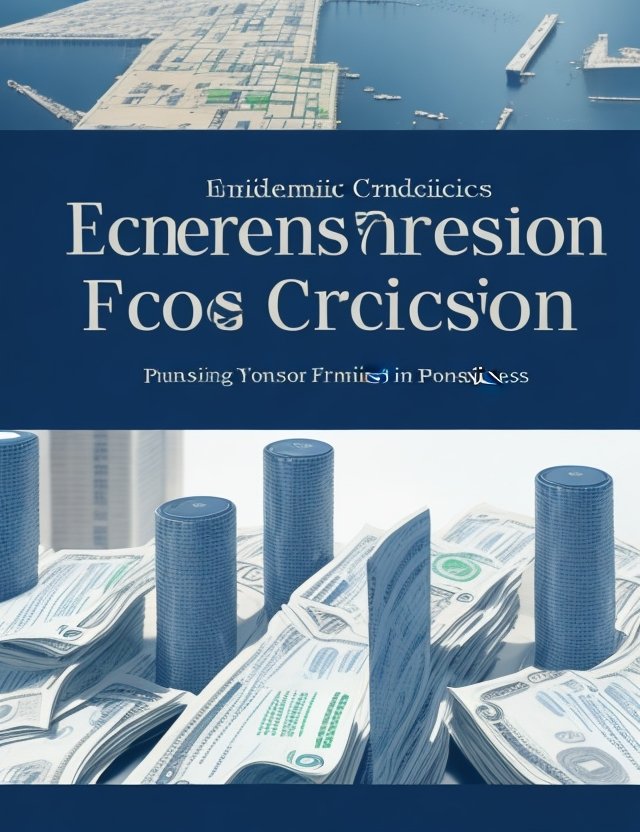Economic recessions and financial crises are tumultuous periods that can send shockwaves through economies, businesses, and individuals alike. These events are characterized by declines in economic activity, rising unemployment rates, and financial instability. Investigating the causes, consequences, and policy responses to such crises is essential in understanding their impact on businesses and individuals. In this article, we will delve into the complexities of economic recessions and financial crises, analyzing their effects on the economic landscape.
Causes of Economic Recession and Financial Crisis:
Financial Market Instabilities: Excessive risk-taking, speculative bubbles, and the mispricing of financial assets can trigger financial crises, leading to instability in financial markets.
Economic Shocks: External events, such as natural disasters, geopolitical tensions, or global health crises, can disrupt economic activities, potentially causing a recession.
Credit and Debt Burdens: High levels of consumer and corporate debt can create vulnerabilities in the financial system, making it susceptible to economic downturns.
Deteriorating Business Sentiment: A decline in business confidence and investment can weaken economic growth and precipitate a recession.
Consequences of Economic Recession and Financial Crisis:
Unemployment and Income Losses: During economic downturns, businesses may cut jobs, leading to rising unemployment rates and income losses for individuals.
Decline in Consumer Spending: Reduced consumer confidence and income uncertainties can lead to lower consumer spending, negatively affecting businesses and economic growth.
Financial Institutions' Stress: Financial crises can put immense pressure on banks and other financial institutions, leading to credit crunches and reduced access to capital for businesses.
Business Bankruptcies: Economic downturns can result in business failures and bankruptcies, further exacerbating job losses and economic instability.
Policy Responses to Economic Recession and Financial Crisis:
Monetary Policy Interventions: Central banks may lower interest rates and implement quantitative easing measures to stimulate borrowing and investment.
Fiscal Stimulus: Governments can implement fiscal policies, such as increased public spending or tax cuts, to boost economic demand and support businesses.
Bank Bailouts and Regulation: In response to financial crises, governments may implement bank bailouts and strengthen financial regulations to enhance stability in the banking sector.
Social Safety Nets: Governments may strengthen social safety nets to provide support to those adversely affected by economic downturns.
Impact on Businesses and Individuals:
Businesses: Economic recessions and financial crises can lead to reduced sales, declining profits, and liquidity issues for businesses. They may also face challenges in accessing credit and funding for expansion.
Individuals: Rising unemployment, reduced income, and financial insecurity can place a significant burden on individuals and households. They may experience difficulty in meeting financial obligations and may postpone major expenses.
Conclusion:
Economic recessions and financial crises are complex events that have far-reaching consequences on businesses and individuals. Understanding the causes and implications of these crises is crucial in formulating effective policy responses and mitigating their impact. Policymakers, businesses, and individuals must work together to navigate these challenging times, fostering resilience and adopting strategies that promote economic recovery and stability. By learning from past experiences and taking proactive measures, societies can better prepare for uncertain economic times and strive for sustainable growth and prosperity.
